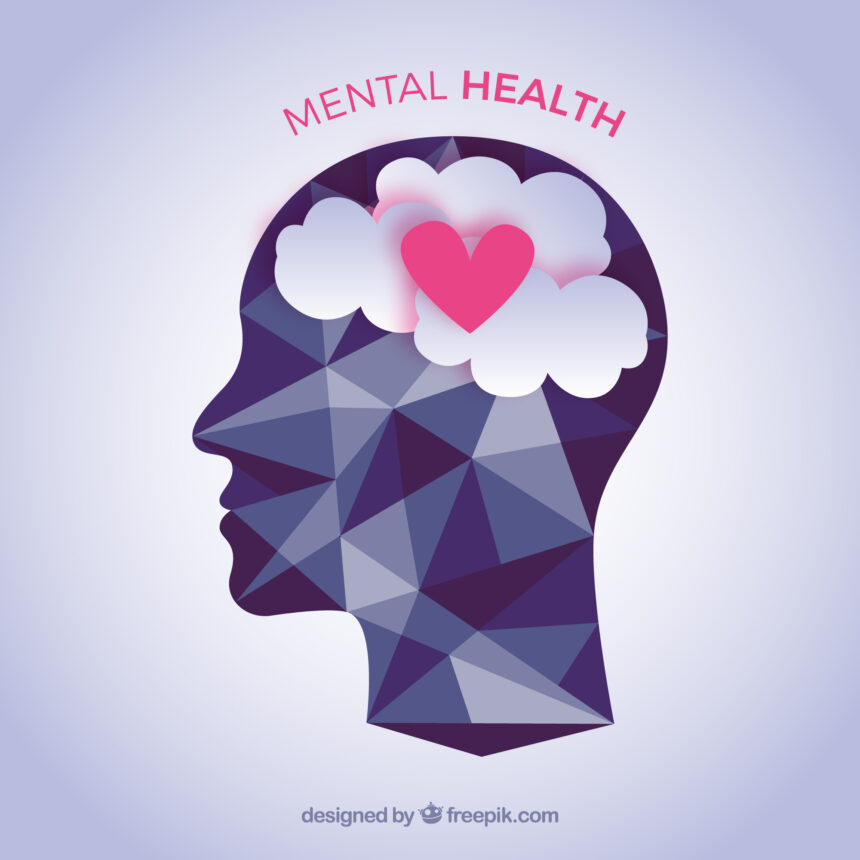Correctional facilities play a crucial role in society by rehabilitating individuals who have committed crimes and preparing them for successful reintegration into the community. However, one aspect that often goes overlooked is the mental health of incarcerated individuals. In South Africa, where the prison population is substantial, there is an urgent need to prioritize and promote mental health within correctional facilities. By addressing mental health concerns, not only can we improve the well-being of individuals behind bars, but we can also contribute to reducing recidivism rates and fostering a safer society.
The state of mental health in South African prisons is a pressing issue that requires attention. According to a report by the Judicial Inspectorate for Correctional Services, over 30% of inmates in South Africa suffer from mental health conditions. These conditions range from depression, anxiety, and post-traumatic stress disorder to more severe illnesses such as schizophrenia and bipolar disorder. Unfortunately, the correctional system is ill-equipped to provide the necessary support and treatment for these individuals.
To promote mental health in South African correctional facilities, several key steps need to be taken. First and foremost, there must be a shift in mindset that recognizes mental health as a fundamental aspect of overall well-being and acknowledges the rights of incarcerated individuals to receive proper mental health care. This shift in perspective should be accompanied by the allocation of sufficient resources to develop and implement comprehensive mental health programs within correctional facilities.
One crucial element in promoting mental health is the training of correctional staff. Correctional officers should be provided with specialized training on mental health issues, including identification, de-escalation techniques, and understanding the needs of individuals with mental illnesses. This training will enable staff to respond appropriately to situations involving mental health crises, fostering a more supportive and understanding environment within the correctional facilities.
Furthermore, mental health professionals, including psychiatrists, psychologists, and social workers, should be readily available within correctional facilities to provide assessment, diagnosis, and treatment services. These professionals can play a vital role in developing individualized treatment plans for incarcerated individuals, ensuring that their mental health needs are addressed effectively. Regular mental health screenings should also be conducted to identify and monitor any emerging mental health concerns among the prison population.
In addition to professional support, peer support programs can be established to create a sense of community and foster emotional well-being. Peer support allows incarcerated individuals to connect with others who have had similar experiences, providing a space for empathy, shared learning, and mutual support. Such programs have shown promising results in reducing feelings of isolation and improving mental health outcomes in correctional settings.
Promoting mental health in correctional facilities should also involve providing access to therapeutic activities. Art therapy, music therapy, and physical exercise programs have proven to be effective in promoting emotional well-being and reducing stress levels. By integrating these activities into the daily routine of incarcerated individuals, we can offer them alternative outlets for self-expression and personal growth, ultimately supporting their mental health journey.
Furthermore, efforts should be made to enhance the continuity of care as individuals transition from correctional facilities back into society. This includes establishing partnerships with community-based mental health organizations to ensure a smooth and seamless transition for individuals in need of ongoing mental health support upon release. Continuity of care can significantly reduce the risk of relapse and reoffending, contributing to successful reintegration into society.
Promoting mental health in correctional facilities is not only a humanitarian imperative but also a strategic approach to reducing crime rates and enhancing public safety. By addressing mental health needs, we can contribute to breaking the cycle of reoffending and create a more rehabilitative and supportive correctional system. It is essential for the South African government, correctional authorities, and civil society to collaborate and prioritize mental health within correctional facilities to build a brighter and more inclusive future for all individuals, both during their incarceration and beyond.










